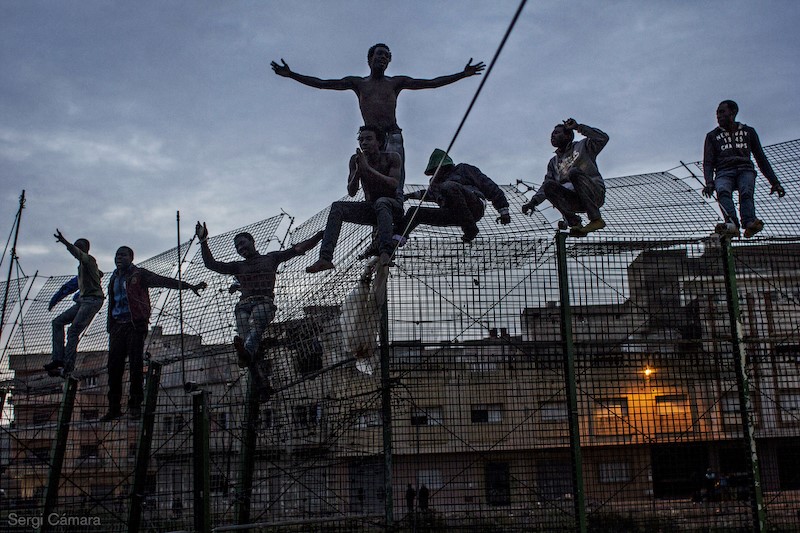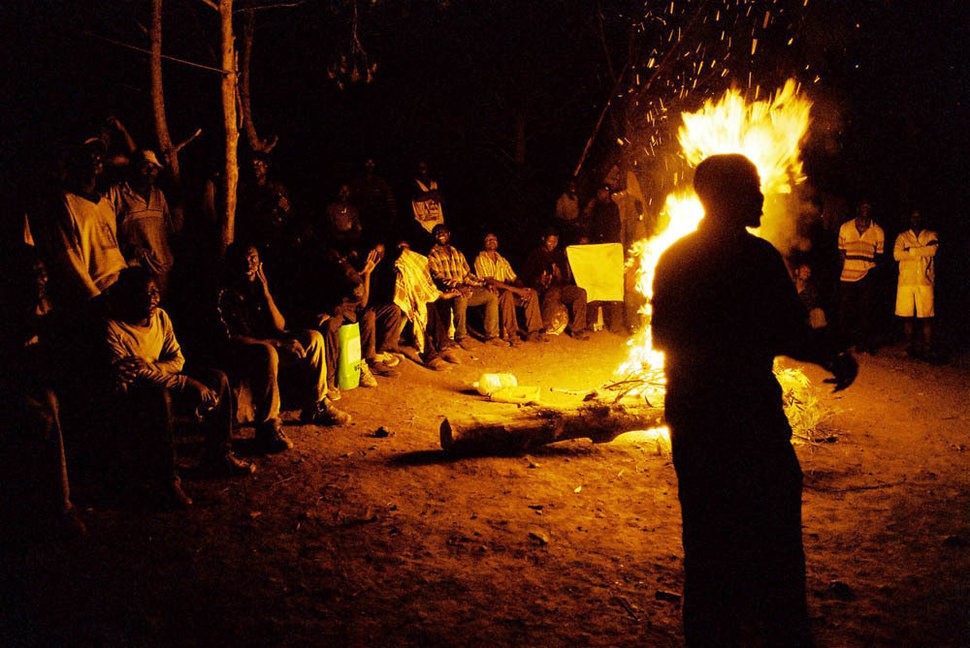

« Many things are terrible, but of all of them, the most terrible is man. » Sophocles
In 2020, during the pandemic, theatre was defined as a “non-essential activity.” In France, across Europe, and in many parts of the world, governments agreed on this stance: non-essential. The question is legitimate: is the theatrical act still necessary for building an open and democratic society? Or are we, theatre artists, playing the role of musicians entertaining first-class passengers while the ship sinks?
One way to respond would be to deconstruct the theatrical device, confronting it with its limits and responsibilities. To go to the roots of this secular ritual and place it — without artifice, without machinery — where the future of living together is at stake. To confront it with the brutality of reality, stripping away the comfort of a theatre hall, and to rediscover the value of the “political” in the Greek sense: that which binds us to one another. In this sense, Antigone’s gesture is a research process exploring the possibility of “making society” — beyond languages, identities, and borders — through the simple tools of theatrical action.
From this research will emerge a theatrical creation inspired by Sophocles’ Antigone, which will be presented in France in autumn 2026. A documentary will accompany the performance, tracing the process from the rehearsals in Paris to the places that have nourished the artistic reflection. Co-signed by director Luca Giacomoni and filmmaker Gabrielle Lubtchansky, it will allow audiences to follow the birth of a theatrical gesture — a shared space where body, voice, and breath invent new forms of relation to others.
Today, Antigone’s gesture needs a collective gesture to continue to exist: support the project by making a donation.
ANTIGONE’S GESTURE
A research project by Luca Giacomoni
With Tatiana Grishko, Yadulllah Mousawi, Wabinlé Nabié, Loick Ngoukou, Arman Saribekyan, Akiko Veaux – and Amine Benrachid, Gradi Kumbi, Anna Roumanova, Maxime Saint-Jean
Dramaturgy Piera Mungiguerra, assistant director Sarah Brunel, production management Marion Motel
With the participation of Robine Anders, therapist specialized in trauma support; Selma Benkhelifa, lawyer at the Brussels Bar; Rachel Brahy, PhD in political and social sciences at ULiège; Grégory Delaplace, director of studies at the École Pratique des Hautes Études; Violaine Fumeau, actress and educator; Filippo Furri, anthropologist, fellow at the Institut Convergences Migrations; Pierre Judet de La Combe, Hellenist, director of studies at EHESS; Sophie Klimis, philosopher, professor at Saint-Louis University Brussels; Carolina Kobelinsky, anthropologist, CNRS researcher; Taina Tervonen, writer and independent journalist.
Production Centre de recherche philosophique et théâtrale Hagia Sophia / In co-production with the City of Paris, the Institut du Monde Arabe, the Musée de l’Histoire de l’Immigration, Les Gémeaux – Scène Nationale à Sceaux, the Humanités, Digital et Numérique Foundation, the Jan Michalski Foundation, and Refugee Week Malta / With the support of Théâtre du Châtelet, le CENTQUATRE Paris, the Protestant Centre for Social Action, Atelier des Artistes en Exil, the Salvation Army, SINGA, France Terre d’asile, and the United Nations High Commissioner for Refugees.